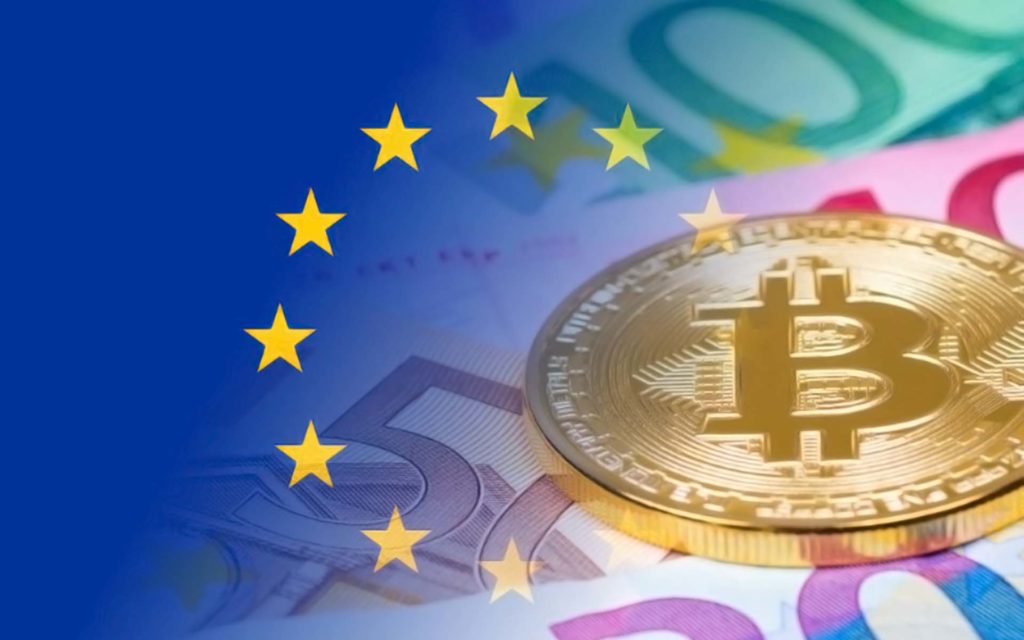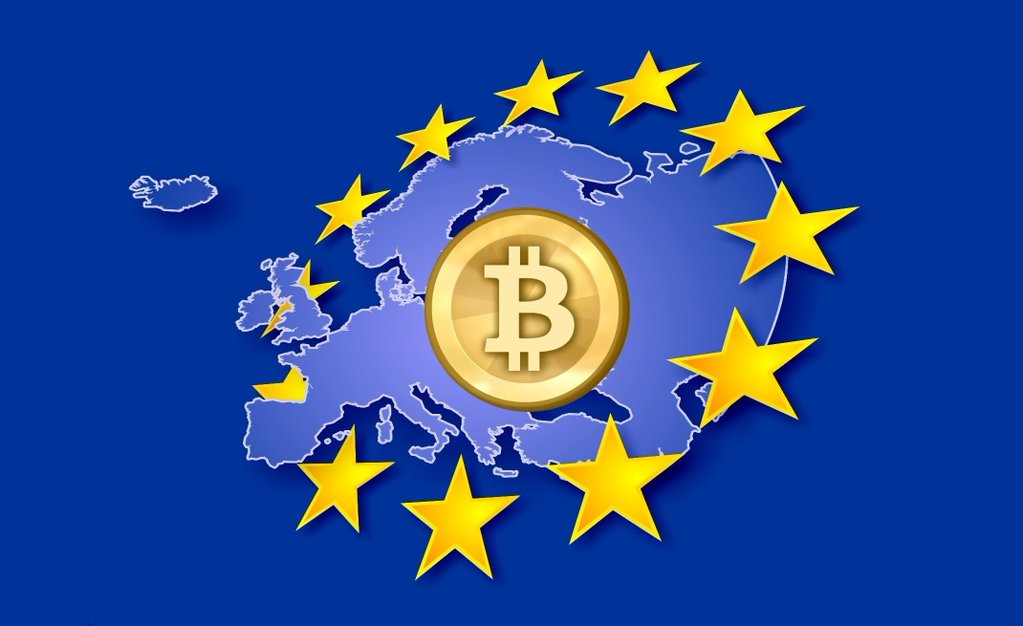In the midst of the FTX scandal and its consequences on other companies, the European Central Bank took the opportunity to hit the crypto ecosystem; especially Bitcoin. He assures that he is on the way to irrelevance.
That cryptocurrencies are not to the liking of the world’s main financial institutions is not news. The IMF has expressed its concern on several occasions about the progress in the use of this type of asset in Africa, Central and South America. And now the European Central Bank has taken advantage of the FTX scandal to go out and hit Bitcoin.
According to the entity, said cryptoactive is on the way to irrelevance. And he assured that the apparent stabilization of its price in recent months —which has remained between 16,000 and 20,000 dollars— is nothing more than an “artificially induced last breath” before embarking on the path to oblivion.
That the European Central Bank has now come out to hit Bitcoin is not by chance. The context is ideal for the institution to present a position clearly against the use of this type of asset. Not only because of the various scandals that the industry has been facing so far in 2022, but also because the world’s main economies are increasingly involved in the development of CBDCs, or Central Bank digital currencies, to try to counteract the advancement of cryptocurrencies; especially stablecoins.

The arguments of the European Central Bank against Bitcoin
In its publication against Bitcoin, the European Central Bank put forward three arguments to justify its position. The first, that Bitcoin is rarely used for legal transactions. At first glance, this can be considered a half-truth. Or, at the very least, an argument that was more valid between 2010 and 2012 than not today.
The entity ensures that Bitcoin transactions are slow, expensive and cumbersome. Something that can be true in certain on-chain movements —always depending on its size and the number of validations it requires.
Although it is also a reality that in recent years the user experience has improved considerably. Not only through centralized solutions, but also decentralized and own custody, through wallets such as Muun and Defiant, among others. To this must be added parallel efforts to streamline payments and make them instant and low-cost, as is the case with proposals such as the Lightning Network and RSK.
Furthermore, the ECB maintains that the market capitalization of Bitcoin, which currently sits at nearly $323 billion but peaked at $1.2 trillion in November 2021, is purely based on speculation. “Bitcoin is also not suitable as an investment. It does not generate cash flow (like real estate) or dividends (like stocks), it cannot be used productively (like commodities) or provide social benefits (like gold),” he said.
The second argument of the European Central Bank was that the regulation of crypto assets can be confused with approval. In this sense, the agency mentioned that there is a lot of lobbying in favor of the regulation of the ecosystem, but that it does not advance in the same way in all territories. “The current regulation of cryptocurrencies is determined in part by misconceptions. The belief that innovation must be given space at all costs persists stubbornly,” says the text, which also ensures that blockchain technology has not created greater value for the society.
The return of double standards

But that is not all. The authorities maintain that the possibility of regulation has led traditional financial companies to facilitate access to Bitcoin, which they consider very risky. And the ECB ensures that the BTC puts the reputation of banks at risk. In addition, it considers that since it is not an investment instrument or means of payment, it should not be legitimized.
A tough stance, no doubt, but to be expected. After all, let’s not forget that Europe is putting a lot of effort into regulating cryptocurrencies through the MiCA law. While it also aims to end the anonymity of transactions on the blockchain, something that has received great criticism in the industry.
To all this, it is important to remember that there is a marked double standard when talking about the use of Bitcoin and other crypto assets. Something that was seen especially this year during the war in Ukraine because, just as Russia was accused of going to the crypto world to evade sanctions, it was also celebrated that Ukraine could receive donations in the same way. The technology was the same for both sides, after all, with no restrictions or permission to use it. How moral those actions were considered to be was simply up to each individual.

